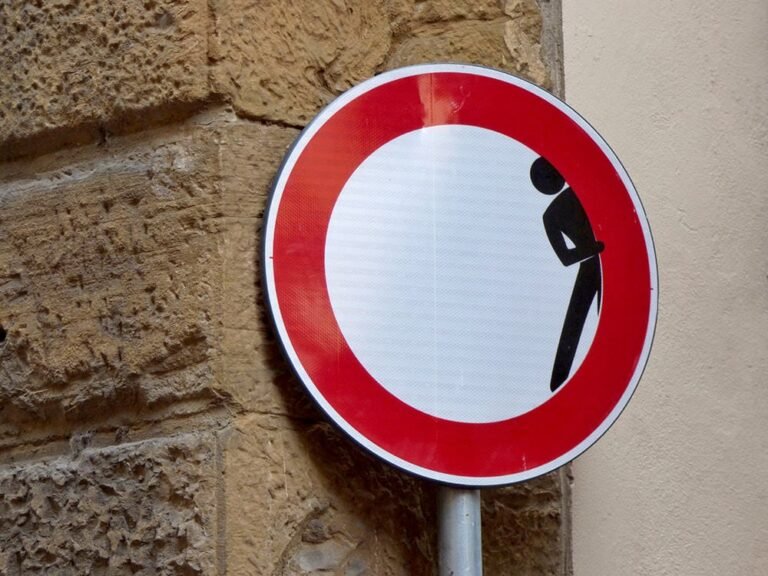fois, foi and foie
What are the differences between the three French homonyms (words that sound the same, in this case) la fois, la foi and le foie? These three words are pronounced identically, but have quite different meanings.
La fois
La fois means “the time.” It always ends in the letter “s,” even when it is singular. Despite its appearance, ending in a consonant, it is feminine. It is used to express the number of times something is happening – once, twice, three times, four times, and so on.
- une fois – once
- deux fois – twice
- cent fois – 100 times
- la dernière fois – last time
- la prochaine fois – next time
- tant de fois – so many times
La foi
La foi means “the faith.” It is also a feminine noun, even though it doesn’t end in a silent “e.” It means religious faith, or faith in the sense of trust, or can even mean evidence.
- la foi chrétienne – the Christian faith
- avoir foi en quelqu’un – to have faith in someone
- ma foi – upon my word
- en bonne foi – in good faith
- sur la foi de témoins – on the evidence of witnesses
Le foie
Le foie is a masculine noun, despite ending in a silent “e,” which would normally suggest a feminine noun. It means “the liver.”
- foie d’agneau – lamb’s liver
- pâté de foie gras – paté made from fatty liver, or just “foie gras.”
- avoir mal au foie – to have an upset stomach
- une crise de foie – indigestion
- se ronger les foies – to worry (informal)







NOTRE DAME de Foy is claimed to mean ” Our Lady of faith”. The French lexicon only shows “foi” s meaning “faith” How can a Church have that word “Foy”?
Because “foy” is an older spelling of “foi,” just as “roy” is an older spelling of “roi” and “françois” (and “françoys”) is an older spelling of “français.”